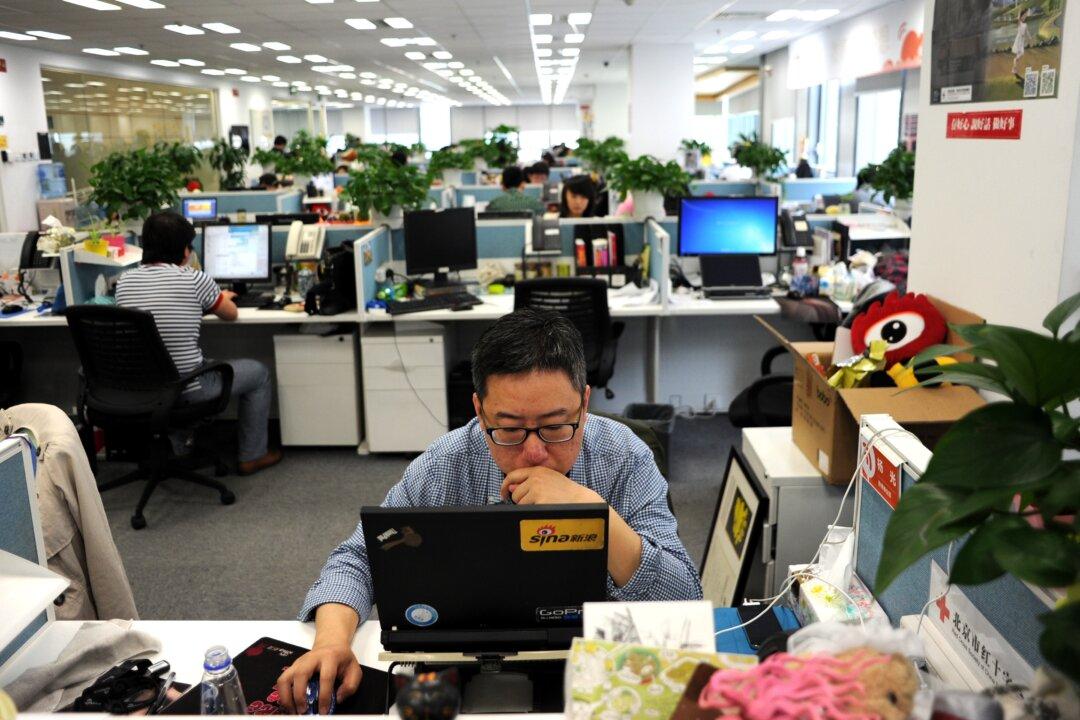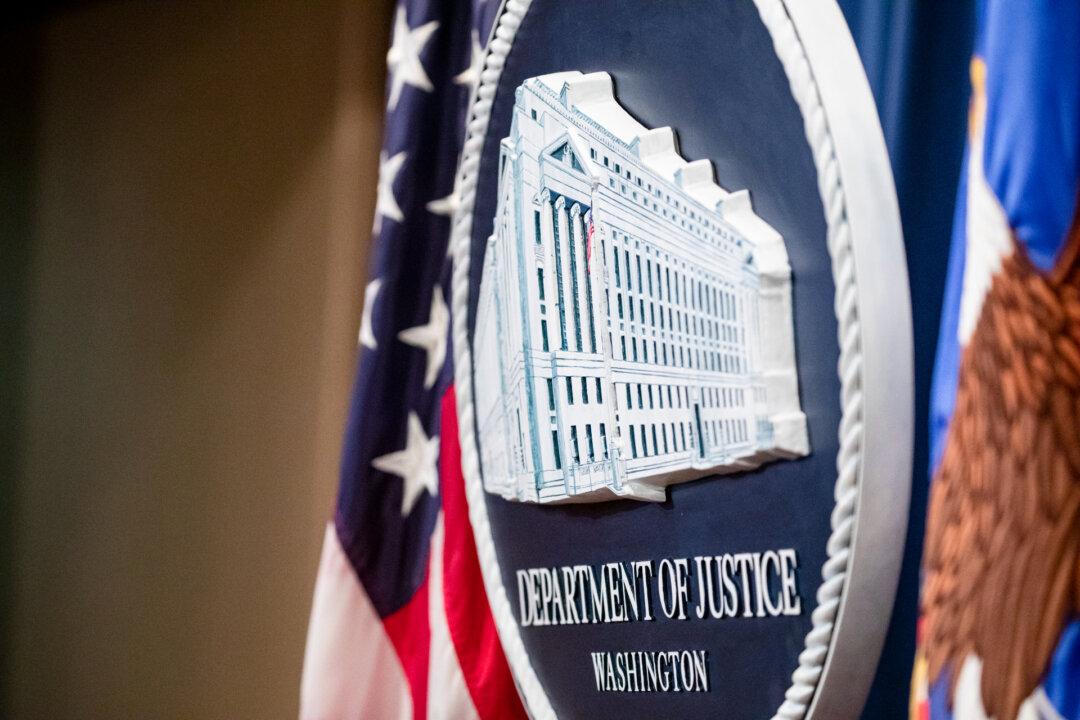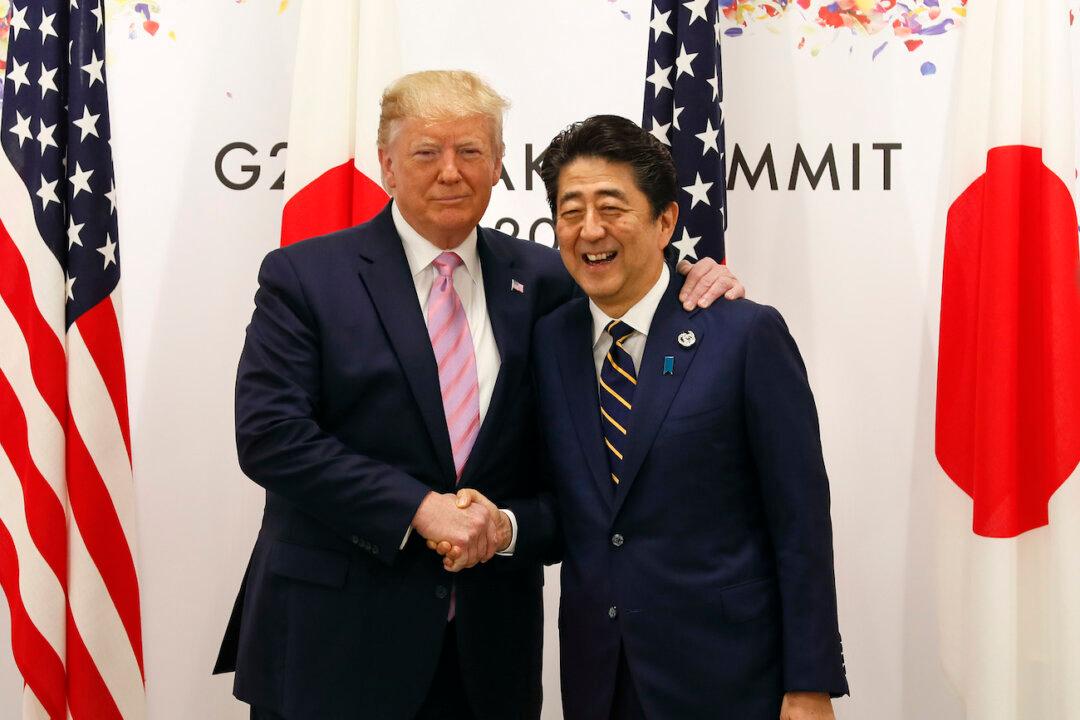The U.S. International Trade Commission (USITC) released part of an investigation into six foreign countries’ censorship affecting American firms, with a focus on China. Two senators have urged the United States to fight back with trade tools.
On Jan. 27, USITC unveiled the first report of the investigation (pdf), calling out China, Russia, Turkey, Vietnam, India, and Indonesia as places where censorship is most rampant. The 240-page report details policies and practices that U.S. companies deem as impediments to trade and investment.





